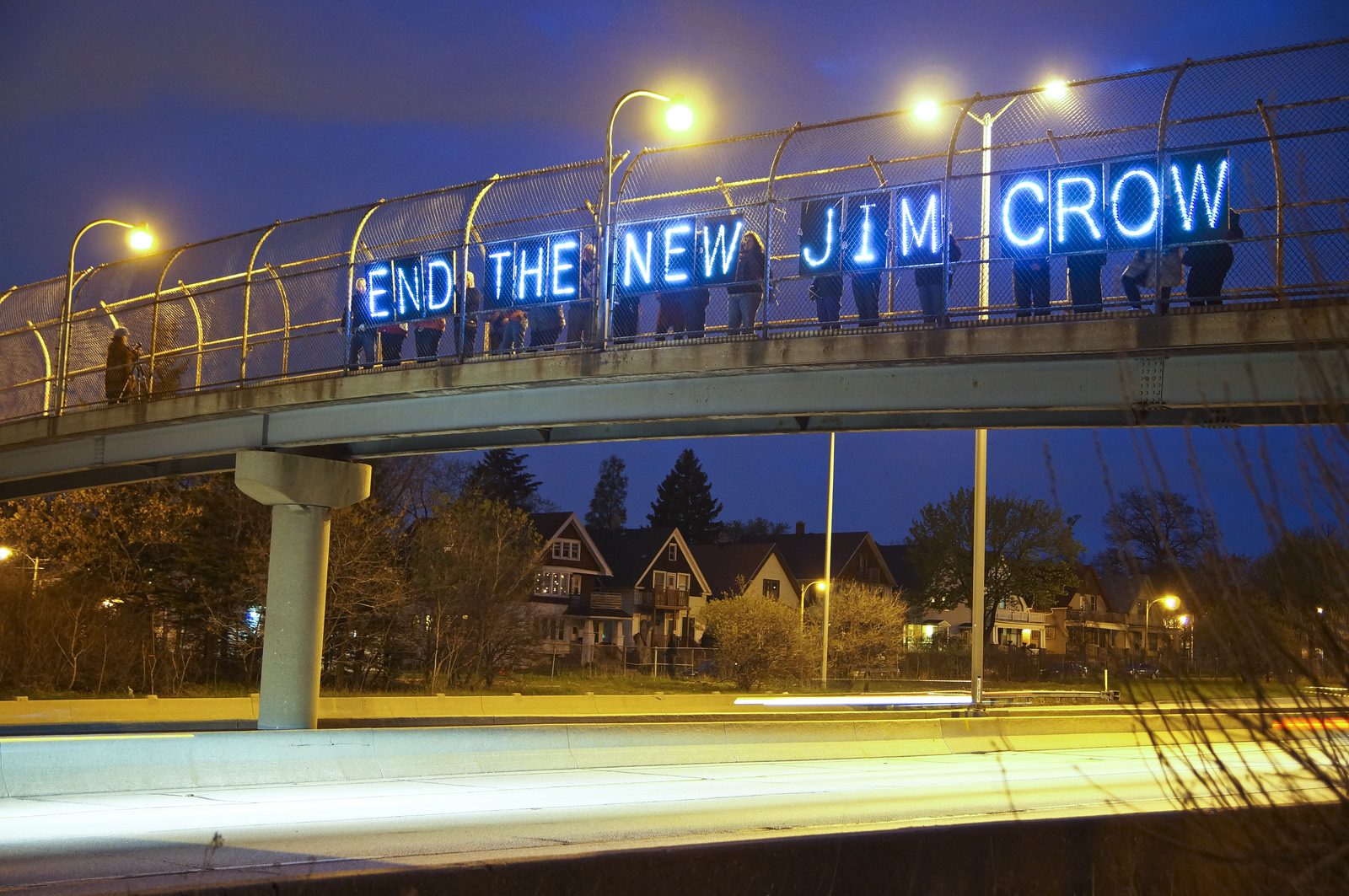
Joe Brusky via flicker, CC BY-NC 2.0
In his June 7 column in The Wall Street Journal (“50 Years After Loving v. Virginia, Colleges Embrace Segregation“), Jason L. Riley equates Jim Crow segregation practices with current calls for safe spaces and all-Black housing options for students who express this preference.
He concludes, “Many on the left today seem unable to decide whether all those Southern segregatonists were wrong—or just ahead of their time.” This tiring trope is frequently trotted out by conservatives who either do not understand this nation’s racial history or who simply do not want to seriously deal with it.
The inability to distinguish policies explicitly designed to oppress and exploit people because of their race with efforts to ameliorate those barriers and liberate people of color is troubling. As Supreme Court Justice Harry Blackmun wrote in 1978, “In order to get beyond racism, we must first take account of race. There is no other way.” Race consciousness is not the problem. It is how we use of our knowledge (or ignorance) of race that matters.





Comments